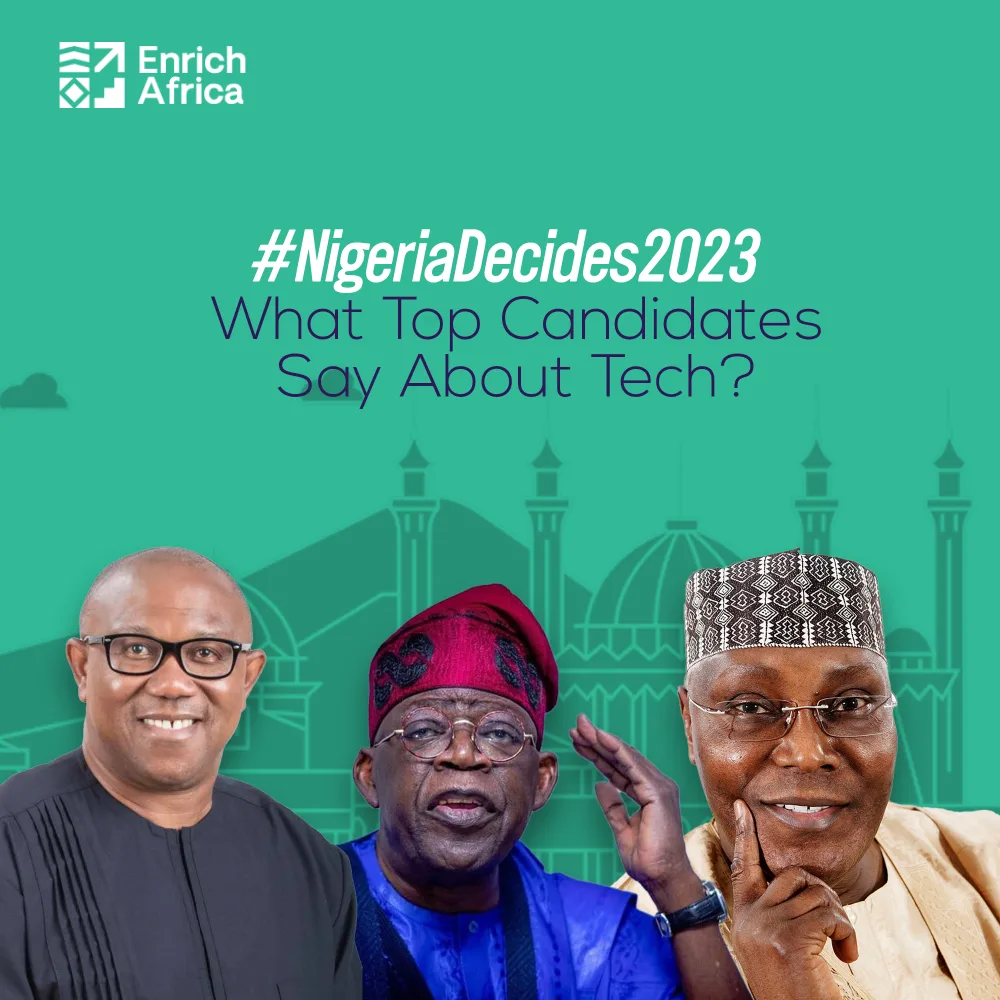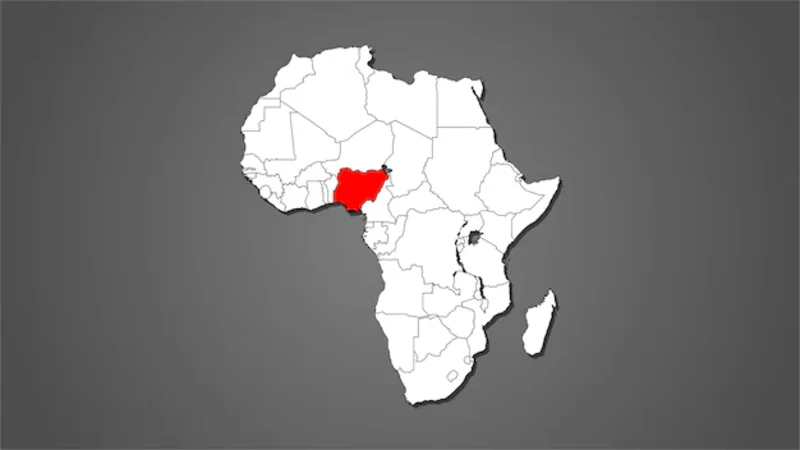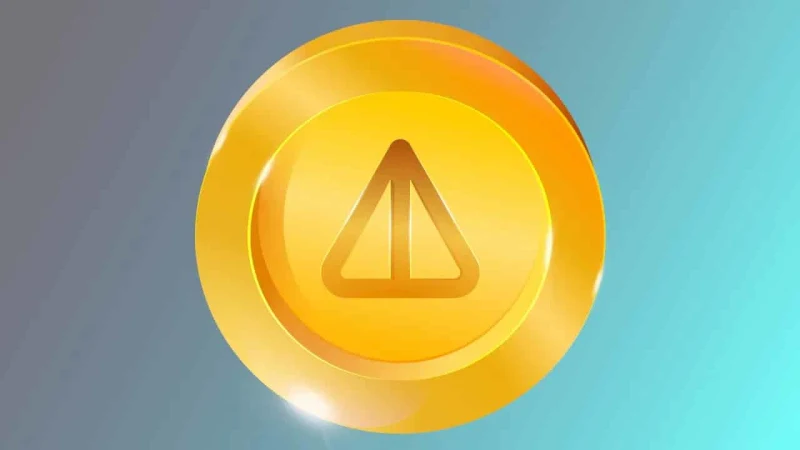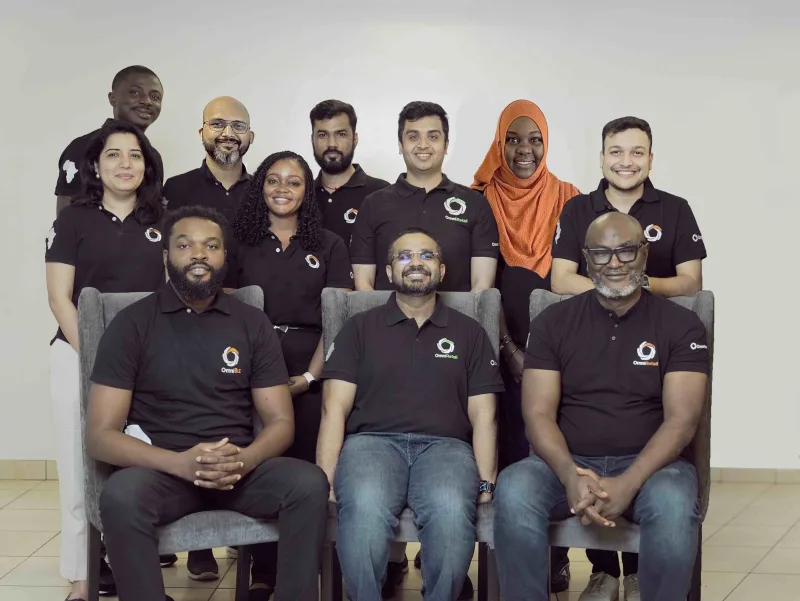
Nigeria’s electoral body, the Independent National Electoral Commission (INEC), had earlier revealed on January 15, 2023, that the number of eligible voters in the coming national election had crossed over 90 million Nigerians
With less than thirty days until the presidential elections, many Nigerians are still waffling over who to vote into power to lead Africa's largest economy.
Many have regarded this coming election as one of the most critical activities for Nigerians in the past decade as the country is currently faced with a number of issues ranging from insecurity, food shortages, unemployment, high inflation rates, e.t.c.
This election is also quite important for the tech community when you consider the state of the economy, lack of infrastructure to aid tech development, widened skill gap, and certain issues emanating from policies that seem to have stifled the growth of tech and entrepreneurship, which has also further reduced the index of the ease of doing business in Nigeria.
Some Tech Challenges in Nigeria
According to 2019 data from the World Bank, Nigeria is ranked 131 out of 190 in the global ease of doing business index. This is a ranking that measures the ease of doing business through a comparative assessment of regulatory environments in several countries. The data helps potential investors or companies make decisive steps about doing business with a country of interest, and the farther away from a single- or double-digit index it is, the less interested investors or companies find the country.
According to 2022 data from the Nigeria Communications Commission (NCC), Nigeria has only achieved 45.55% broadband penetration, as access to the internet remains an issue for the most populous black nation in the world. The cost of 1 GB of mobile data in Nigeria currently sits at $0.71, placing the West African country in 7th place in Africa and 48th place globally, compared to Algeria’s $0.48 topping Africa.
Electricity is also another challenge that has not only affected Nigerians but has deterred potential businesses from setting up offices in Nigeria. Access to funds and widened skill gaps are other critical issues challenging the tech community in Nigeria, especially with recent policies that threaten to stifle the tech ecosystem.
It is now very important to critically examine the candidates and their manifestos as they affect the growth of technology and the betterment of Nigerians generally.
The Candidates
The presidential election will feature eighteen candidates, according to the INEC, but according to data from several polls, only three candidates appear to have become glorified for the race. With campaigns kicking off as far back as September 2022, the race that many feared would be between the ruling All Progressive Party (APC) and the opposition party, the People’s Democratic Party (PDP), has taken a turn to accommodate some very interesting personalities.
Bola Ahmed Tinubu of the ruling APC leads the field, followed by Atiku Abubakar of the PDP and Peter Obi of the Labour Party.
APC’s Bola Ahmed Tinubu
Bola Ahmed Tinubu, Presidential Candidate of the All Progressive Party (APC)
The presidential candidate of the APC has branded his plans for Nigeria as Renewed Hope. And contained in the 80-page manifesto are his plans to further build on the foundations put in place by the current APC administration, championed by President Muhammadu Buhari.
Tinubu’s Plans on Digital Economy and Tech
On pages 50–51 of the Renewed Hope Manifesto, the candidate identified six major and critical digital products and services to increase digital viability in Nigeria, which include ICT-enabled outsourcing, e-commerce, tech manufacturing, government digital services, broadband by 2025, and blockchain.
INPUT: The six major and critical digital products identified by the APC candidate are unarguably viable enough to drive and sustain a digital economy, but the document failed to speak to how the candidate and his team would achieve this.
Tinubu also plans to lower import tariffs on certain semi-manufactured goods production lines, such as those in the automotive and IT industries. Tinubu also plans to boost IT and industrial creativity while increasing the financial inclusion of larger segments of the population by encouraging the greater use of innovative new technologies.
INPUT: According to the Nigeria Bureau of Statistics (NBS), the ICT sector contributed a resounding 18.44% to Nigeria’s GDP in Q2 2022. The report projected the ICT/IT sector as having a positive outlook over the oil sector for the country’s GDP. Now if the ICT is doing remarkably well at this point, shouldn’t the candidate be looking beyond lowering import tariffs?
On the candidate’s plans for financial inclusion, it is also worthy to note that while the Central Bank of Nigeria has claimed that Nigeria has covered up to 64% financial inclusion, the World Bank thinks otherwise, ranking Nigeria in the top seven countries contributing to the global unbanked population.
PDP’s Atiku Abubakar
Atiku Abubakar, Presidential Candidate of the People’s Democratic Party
The manifesto of the presidential candidate of the PDP, “My Covenant with Nigerians,” is a 74-page document containing Abubakar Atiku’s plans for Nigerians if elected president. The document highlighted “some failures" of the present APC-led government while making fresh commitments to services and progress for Nigerians.
Atiku’s Plans on Digital Economy and Tech
Atiku opens his plans by highlighting the need to position and transform Nigeria’s economy from what it is to a “knowledge-based" one. “Our economic agenda will seek to alter the current trajectory of the Nigerian economy by creating a knowledge-based economy in which a highly developed ICT sector, with wide applications in commerce, education, health, and other areas of human endeavour, plays a significant role.”
Input: According to the OECD, knowledge-based economy (KBE), simply means a term used to express trends in an advanced economy. Nigeria is far from being an advanced economy, so the viability of these plans remains obscure.
A deeper look into the manifesto shows the former vice president using the KBE term quite a lot when he speaks about things related to tech and entrepreneurship: “We envision a new Nigeria without crude oil in which agriculture, manufacturing, and MSMEs shall be the growth drivers, specifically a knowledge-based economy with wide application of ICT in health, education, commerce, agriculture, and industry.”
Input: Much of what Atiku proposed lacked in-depth analysis that spoke to the "how" for the purpose of achieving a "knowledge-based economy” in a “not advanced economy” like Nigeria.
LP’s Peter Obi
Peter Obi, Presidential Candidate of the Labour Party
According to polls, Peter Obi of the Labour Party is currently ahead in the race for the presidency of Africa’s largest economy.
Peter Obi’s manifesto is titled “It’s Possible: Our Pact with Nigerians.” The 72-page document promises competent and honest leadership to deliver seven governance and development points.
Peter’s Plans on Digital Economy and Tech
Obi plans to “Shift emphasis from consumption to production by running a production-centred economy that is driven by an agrarian revolution and export-oriented industrialisation” and “Leapfrog Nigeria into the 4th Industrial Revolution (4IR), through the application of scientific and tech”
Peter Obi’s manifesto also went head-on, talking about the need to reduce the widened skill gap in the tech space by “prioritising human capital development through robust investments in STEM education, health, and infrastructural development, with emphasis on wealth creation, distribution, and sustainable development.”
Input: Peter Obi's plan for the tech sector appears succinct, but one question remains: should Nigeria only prioritise STEM at the tertiary institution level, rather than as early as primary school?
Peter Obi’s manifesto is the only one that speaks about venture capital funding: “Strengthen some of the existing tertiary schools of science and engineering to train the next generation of experts in the science, technology, engineering, and mathematics (STEM) field; and create a venture capital-like fund for young entrepreneurs.”
Input: According to early indications, young, skilled Nigerian graduates working on innovative solutions will be able to access funding. However, the manifesto failed to explain details of what the VC funding would look like.
The Labour Party hopeful further talked about the unregulated gig economy: “We will prioritise a structured approach to developing the DIGITAL SKILLS of our young population to give them the competitive advantage to receive offshore jobs in the NEW GIG ECONOMY.”
Input: Nigeria’s gig economy is currently doing remarkably well, even though it is unregulated. However, with the right policies that aid in developing the digital skills of young Nigerians, Nigeria may become highly in demand in the global gig economy space.
Conclusion
An analysis of the manifestos of the three major candidates reveals that they all have plans that directly or indirectly affect the tech community. However, we must remember the previously mentioned issue of the tech space and critically ask which of the candidate's plans sounds more viable.
This article was not written in any way that endorses one candidate over the others, as all three candidates have been discussed based on their manifestos. Keeping that in mind, the electorate, especially those in the tech space, must ask themselves: “With the current state of the country, whose plan among the top candidates sounds most viable?” Hold that thought as you cast your vote on February 23.
Tags
#NigeriaDecides
Nigerian Presidential Election 2023
Peter Obi
Atiku Abubakar
Asiwaju Bola Ahmed Tinubu
Categories
Featured
Similar News
Are you a start-up or an entrepreneur in Africa?
Subscribe to our mailing list



